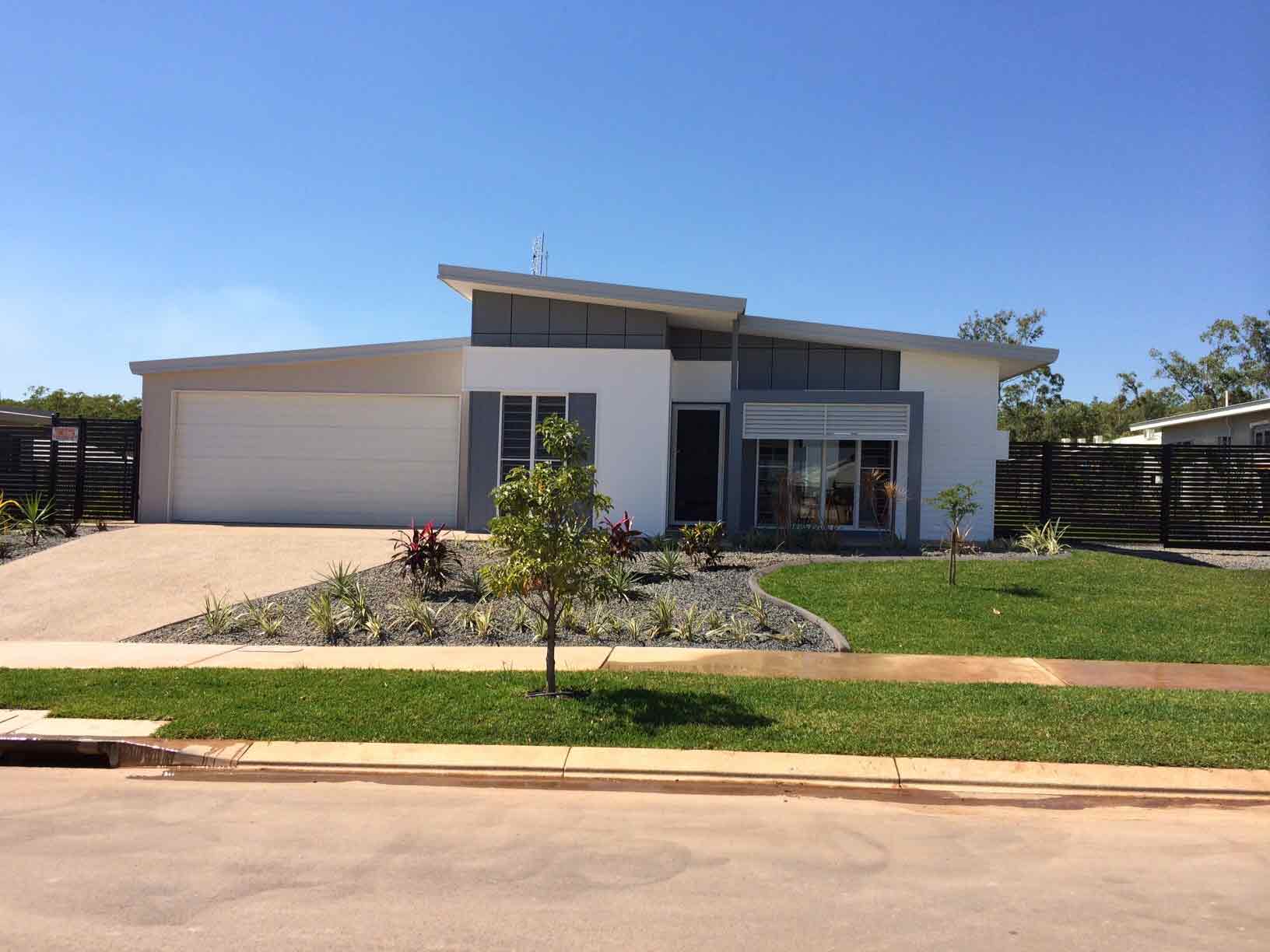Defence Housing Australia (DHA) recently opened three modular homes constructed as part of a pilot project in Johnston, Northern Territory. The homes were unveiled to an eager audience of key project stakeholders and media.
In undertaking this pilot project, DHA partnered with BGC Modular, a specialist provider of cost-effective and fully-functional transportable building solutions under the BGC Residential branch. BGC Modular constructed the modules in a Perth factory, then transported them on the back of 10 semi-trailers to Darwin.
DHA Managing Director Peter Howman and BGC Residential Chief Executive Officer Kelvin Ryan welcomed everybody in attendance to walk through the homes. The attendees were all impressed that the modular homes felt, looked and functioned like any other home constructed by traditional means.
‘We wanted to test the viability and practicality of constructing modular homes in the Top End. This example of modular housing shows that this method of construction can result in a home that looks and functions like other homes constructed using more traditional methods,’ said Mr Howman.
The modular building technique involves the production of a module that either comprises the complete building, or combines with other modules on site to produce the whole building as a final product. Particularly suited to tropical climates, where the design maximises access to the cooling breezes, this form of construction shows that high-quality housing can be delivered in a shorter timeframe.
‘While there are some issues to be resolved in making this construction method more cost-effective for Darwin residents, DHA will continue to consider different affordable ways of delivering quality housing. We are excited by the idea that this form of construction has the potential to meet Defence housing requirements more quickly, as a modular home is typically completed in 10 weeks,’ Mr Howman explained.
The decreased construction timeframe is achieved in a controlled factory environment, where safe working environments are more easily achieved and where wastage is minimised through the use of purpose-built machines. A further feature of this form of housing is that there is no compromise on quality as it is manufactured to precision in the factory. Modular housing also has the potential to be another form of provisioning, particularly in remote areas of Australia where supply chains are not established and skilled labour is scarce.
